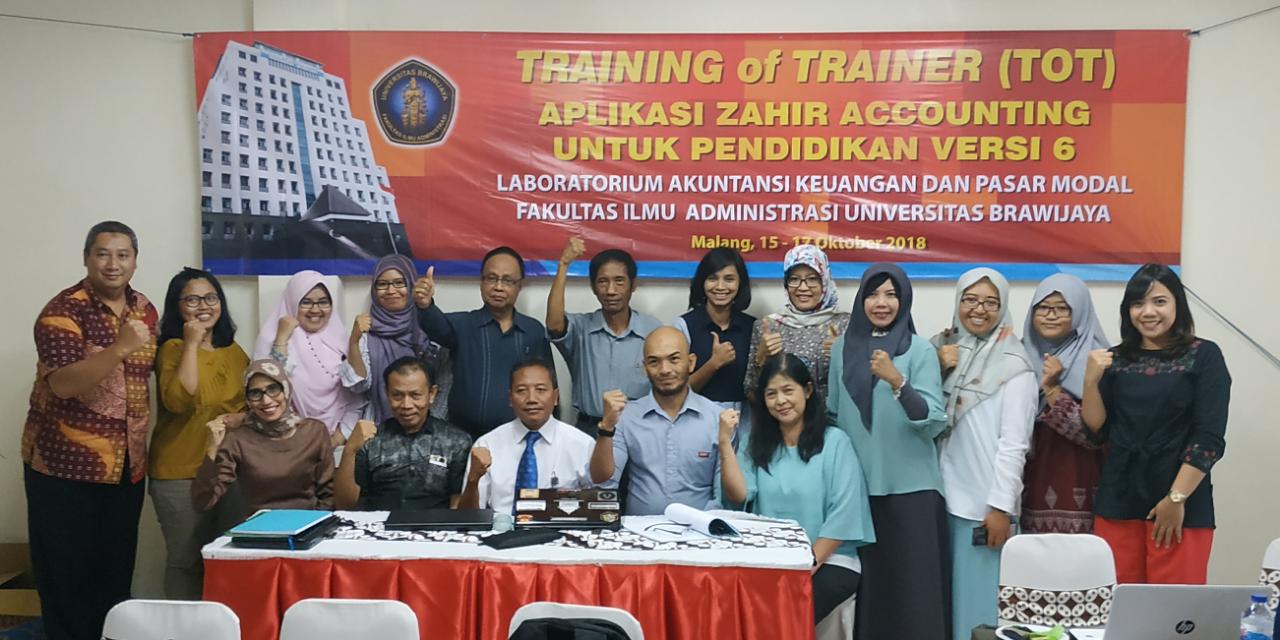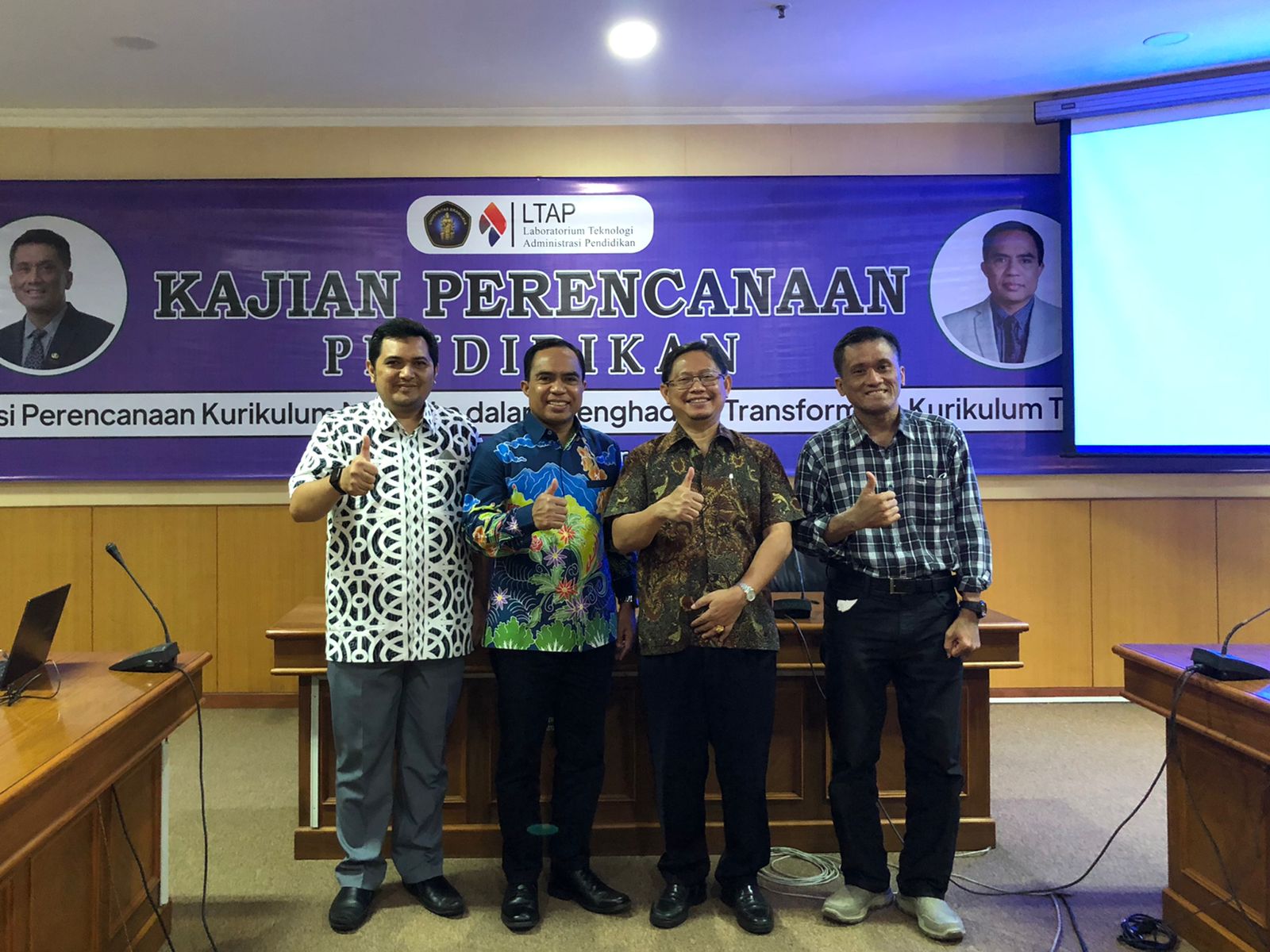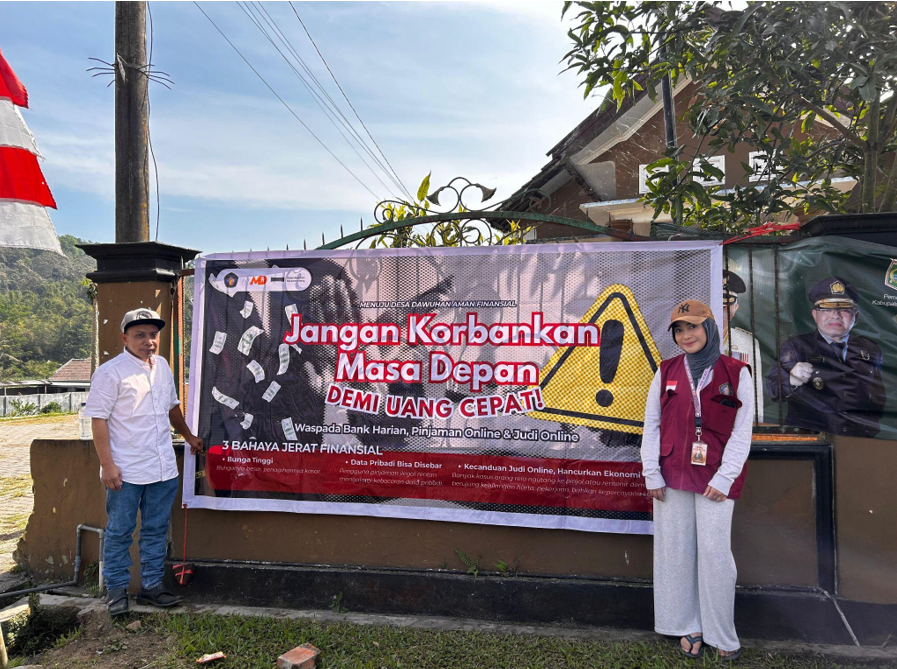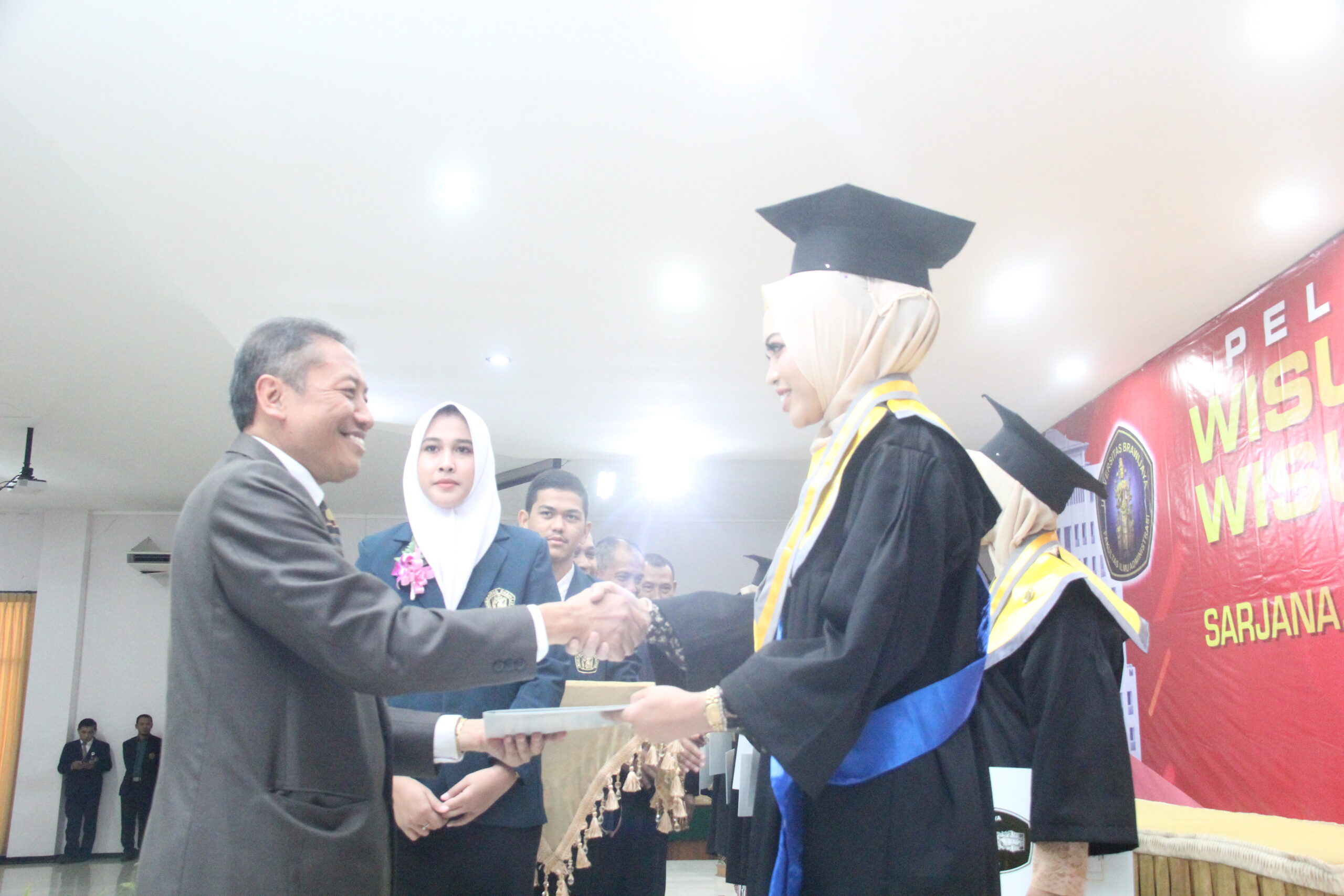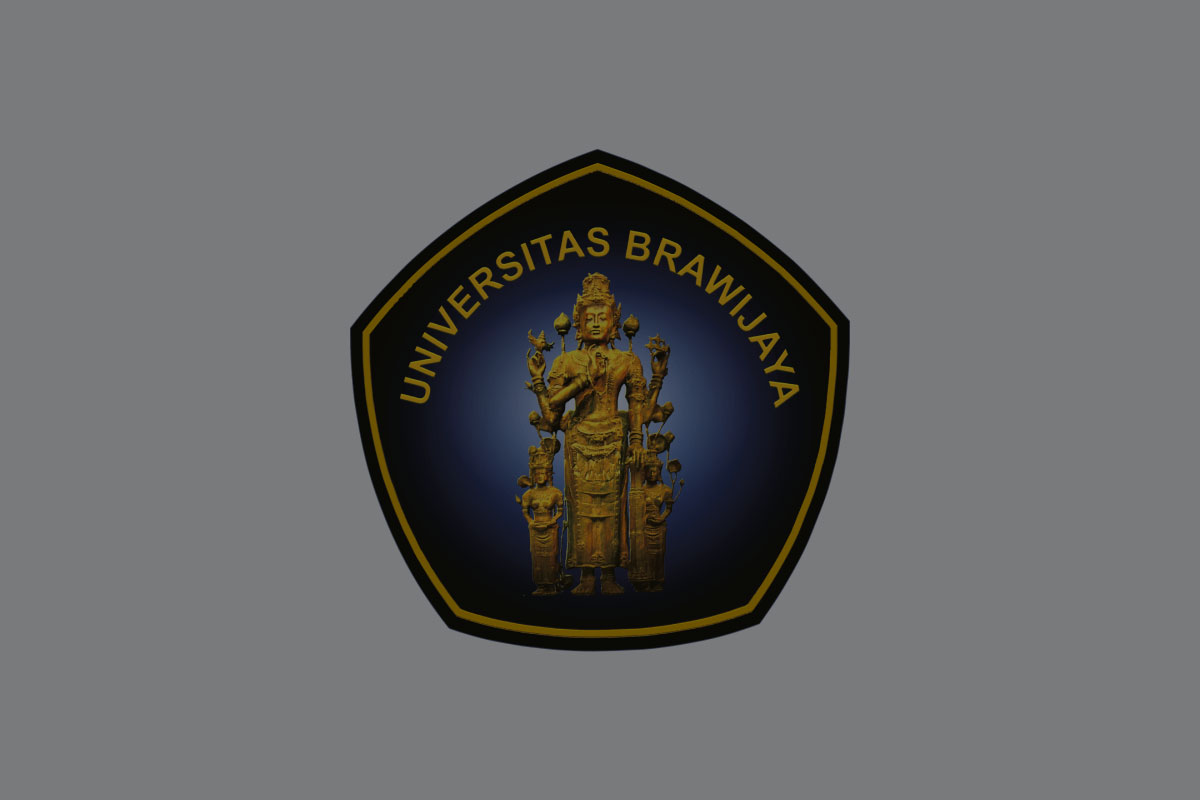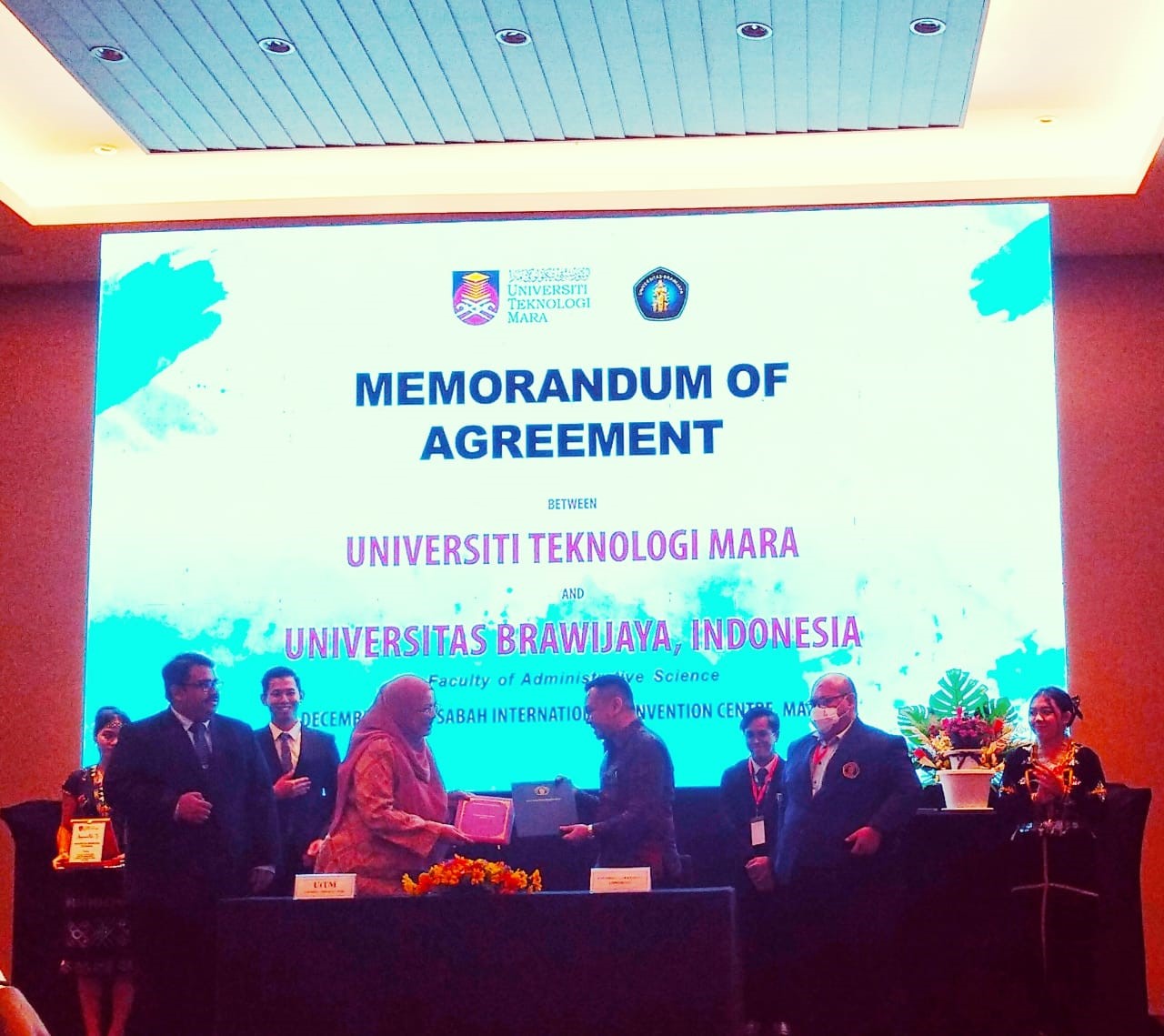Continuing the collaborative activities of academics from three countries, the Public Administration Department of FIA UB held Focus Group Discussions (FGD) with the theme “Political Economy Policy in Indonesia, Malaysia, and Thailand during the ASEAN Economic Community Era(18/3). In the event which was held in the Seminar Room, Building B, FIA UB, 2nd Floor, present as the main speaker, Prof. Dr. Mohd. Fauzi Yaacob (University of Malaya, Malaysia), Pol. Capt. Vichien Tansirikonghon, Ph.D (Burapha University, Thailand), and Dr. Mardiyono, MPA (FIA UB) moderated by Ahmad Bambang Barrul Fuad, M.Si (FIA UB). The FGD activity was attended by lecturers and students of the FIA UB Postgraduate Program and lecturers who are members of the East Java Indonesian Association of Public Administration (IAPA).
Opening the FGD event, UB Rector Prof. Dr. Ir. Mohammad Bisri said that the ASEAN Economic Community (AEC) is a good opportunity for ASEAN countries in the era of globalization, especially in the framework of economic development. The Chancellor of UB sees the need for ASEAN countries to work together in creating a regional economic community order that benefits all parties. "Building cooperation among ASEAN countries is very important, especially in accelerating the implementation of the AEC," said the Chancellor.
Meanwhile, a critical view was delivered by Pol. Capt. Vichien Tansirikonghon, Ph.D. This political expert from Burapha University, Thailand, invited the participants to think about whether it is necessary to implement a single market that covers ASEAN countries. Vichien views that the AEC is a form of economic sector liberalization that has the potential to create economic and social disparities between ASEAN countries that are considered strong and weak. Regarding the readiness of his country, Thailand, in facing the AEC, Vichien openly admitted that his country has not prepared anything. According to him, the Thai government does not yet understand the essence of the AEC so that it has not prepared a mature policy in the economic field. "I am worried that with the AEC, large companies will take over small, weak companies, and countries with advanced economies will dominate the domestic economy of weaker countries," said the former police officer who turned lecturer.
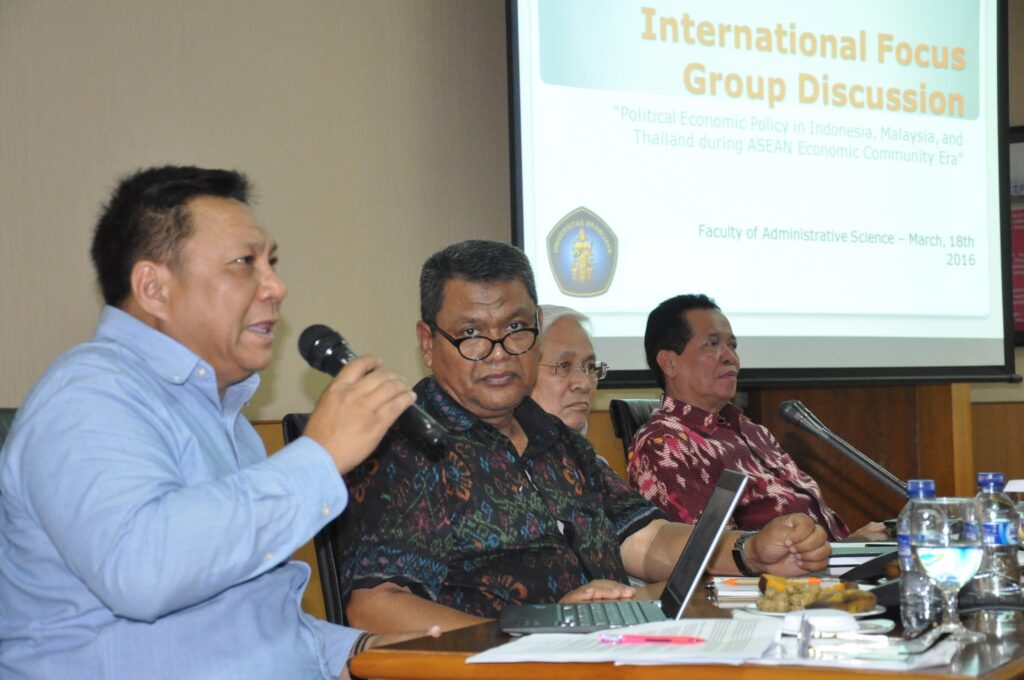
Meanwhile, Prof. Dr. Mohd. Fauzi Yaacob from Universiti Malaya told more about the secrets of Malaysia's economic revival in the modern era. Yaacob said that in the 1950s to 1970s, the Malaysian government realized that the ethnic Chinese in Malaysia were very strong in terms of control over the economic sector. The Malaysian government, said Yaacob, wants indigenous people to control more of the economy in their own country. Therefore, the Malaysian government established Bumiputera, whose role was to take over and control domestic companies so that indigenous people in Malaysia were more empowered in their own country. "Bumiputera was formed to balance the competition between Malaysia and the Chinese state as well as the ethnic Chinese who live in Malaysia so that the indigenous people have a more role and power in controlling the wealth of their country," said Yaacob.
Coverage Team:
Article: Aulia Luqman Aziz
Photo: Hendrik Tri Laksono, Aulia Luqman Aziz


